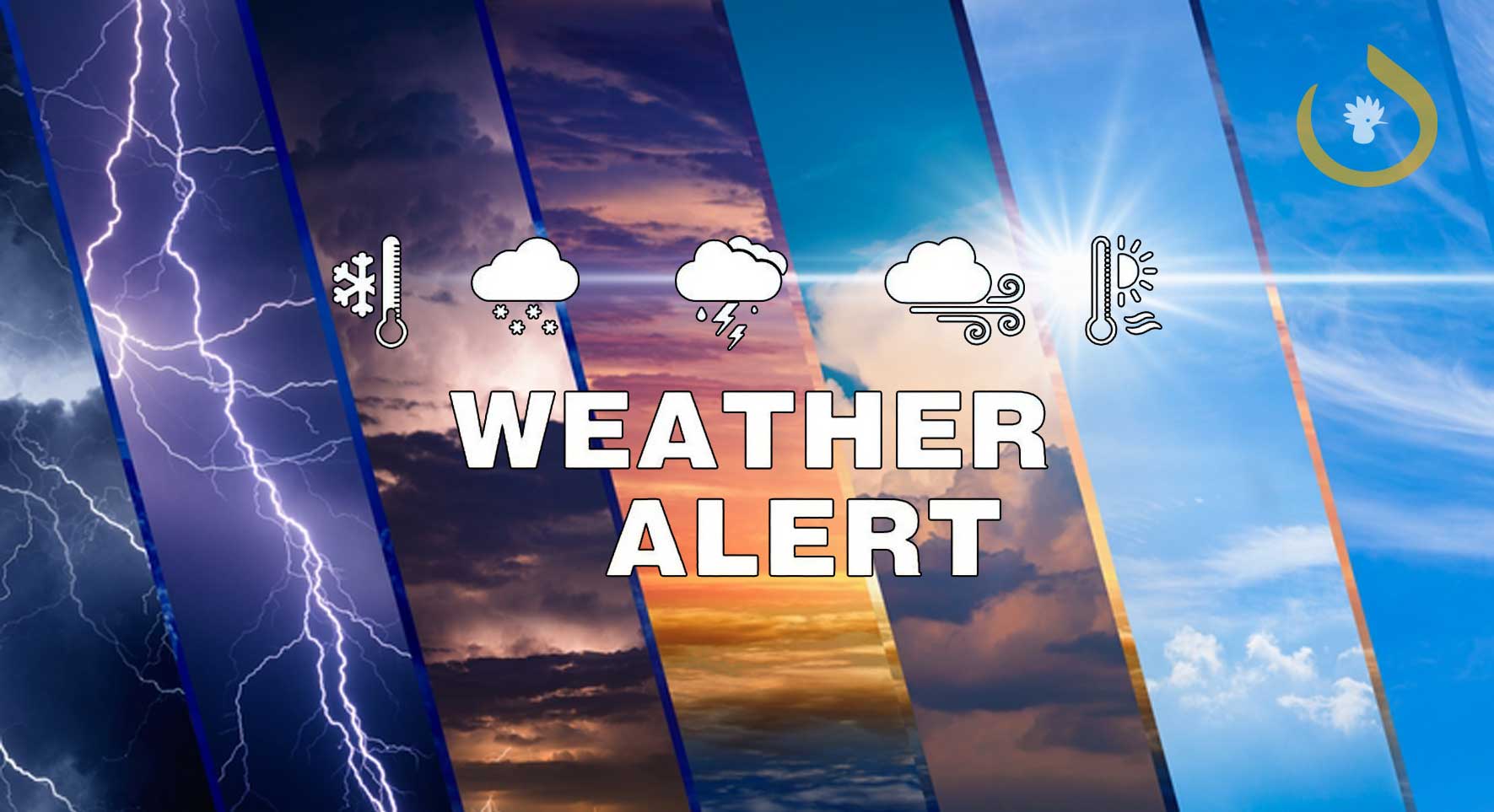


Barran Press
On December 17, 2024, a cold northern air mass swept through several Yemeni provinces, leading to reduced visibility and a sharp decline in temperatures.
The polar cold front has directly affected the desert provinces of Marib, Al-Jawf, and Shabwa, extending its impact to nearby mountainous areas and parts of Hadramout, Al-Mahrah, and Abyan.
Weather forecasts indicate that the desert regions will continue to experience the effects of this cold air mass in the coming days, expected to last until Friday.
The National Center for Meteorology and Early Warning has predicted extremely cold conditions in the mountainous areas of Al-Bayda, Dhamar, Sana'a, Amran, Saada, the highlands of Ibb, Al-Dhale, and western Al-Jawf, with the possibility of frost formation in parts of these provinces.
The center's daily report, monitored by Barran Press, also indicated that cold weather is expected in the highlands of Hajjah, Al-Mahwit, Raymah, and Taiz.
Coastal areas are anticipated to experience partly cloudy to clear conditions, with light rain expected in parts of the Socotra Archipelago. Moderate to active winds are forecasted to reach speeds of up to 23 knots in the southern Red Sea, Bab al-Mandab, the Socotra Archipelago, and the eastern coasts.
In desert regions, generally clear, dry, and somewhat dusty conditions are expected, with cool temperatures at night and early morning. Winds could be brisk, with gusts exceeding 20 knots.
The National Center for Meteorology has issued a strong warning against exposure to the cold and very cold weather during nighttime and early morning hours, particularly for the elderly, children, and individuals with health conditions.
Farmers are advised to take precautions against the adverse effects of the severe cold and to implement necessary measures to protect their crops. Additionally, livestock owners, beekeepers, and poultry farmers are urged to shelter their animals in warm and safe environments.
The center also cautioned about relatively dusty conditions in desert areas and parts of the interior plateaus.